Lieutenant Governor of Virginia
The lieutenant governor of Virginia is a constitutional officer of the Commonwealth of Virginia. The lieutenant governor is elected every four years along with the governor and attorney general.
| Lieutenant Governor of the Commonwealth of Virginia | |
|---|---|
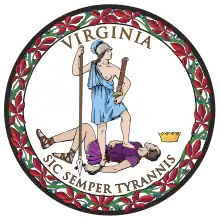 Seal of the Commonwealth of Virginia | |
| Style | The Honorable |
| Term length | Four years |
| Inaugural holder | Shelton Leake |
| Formation | 1852 |
| Website | www.ltgov.virginia.gov/ |
The office is currently held by Winsome Earle Sears, who was elected in 2021 and is the first woman of color to hold this position. The governor and lieutenant governor are elected separately and thus may be of different political parties. The lieutenant governor serves as the President of the Senate of Virginia and is first in the line of succession to the governorship; in the event that the governor dies, resigns, or otherwise leaves office, the lieutenant governor becomes governor. In Virginia, the governor is not permitted to serve consecutive terms but the lieutenant governor may do so, and has no term limit.
History
Beginning in the 1630s, the British Crown appointed several officials to aide the governors of the Colony of Virginia in the execution of their duties, collectively known as the Governor's Council or the Council of State. One member of this body was designated as the governor's deputy, or lieutenant governor, and exercised the governor's authority when they were absent.[1][2] The Virginia Constitution of 1776 abolished the council.[1]
The Virginia Constitution of 1851 created the modern office of the lieutenant governor.[2] It provided for the popular election of the officer and designated them ex officio president of the Virginia Senate.[3] In this capacity they replaced the Speaker of the Senate, which had been chosen by the body's own members as their presiding officer from 1776 until 1852. During the American Civil War, Virginia had two different governments and accordingly different sets of lieutenant governors. From 1865 until 1870, the lieutenant governors were appointed by the commanding general of the First Military District. In 1870, Virginia was readmitted to the federal union and, from then on, the officers were chosen by popular election.[2] That year, the state adopted a new constitution which gave the lieutenant governor the power to cast tie-breaking votes in the Senate.[3]
Douglas Wilder, sworn-in in 1986, was Virginia's first black lieutenant governor.[4] Winsome Sears, sworn-in on January 15, 2022,[5] is the first woman to have held the office.[6]
Election
Along with the governor and attorney general, the lieutenant governor is one of three popularly-elected executive offices in the state of Virginia.[7] The lieutenant governor is elected on their own ticket separate from the governor. They serve without term limits.[8] In the event the governor-elect does not assume their office, the lieutenant governor-elect becomes governor.[9]
Powers, duties, and structure
Article V of the Constitution of Virginia designates lieutenant governor as the president of the Senate.[8] In the event of their absence in the body, its president pro tempore serves as its presiding officer.[10] The lieutenant governor is allowed to vote in the Senate only to break ties.[3] While this power has been interpreted to apply to most generic legislation, it has been disputed by state officials as to whether the tie-breaking power applies to votes on matters such as constitutional amendments or on the Senate's concurrence with an executive appointment. Such questions are yet to be resolved by litigation in state courts.[11] The constitution additionally stipulates that the lieutenant governor succeeds the governor in their office should it become vacant due to death, disqualification, or resignation. State law empowers the lieutenant governor to serve on several state boards and commissions.[8] The lieutenant governor can be impeached and removed from office by the Virginia General Assembly.[12]
The lieutenant governor's office is located in the Oliver Hill Building in Richmond, Virginia.[13][14] Their salary is set by legislation, and cannot be altered during a given term to which they were elected.[3] As of 2021, the annual salary is $36,321.[15] As the role is a part-time position, most incumbents—unless already wealthy or retired by the time of their tenure—have held additional occupations.[16]
List of elected lieutenant governors of Virginia
- Parties
No party/Conservative (3 lieutenant governors) Democrat (28 lieutenant governors) Whig (2 lieutenant governors) Republican (9 lieutenant governors)
References
- Tarter, Brent (December 7, 2020). "Governor's Council, The". Encyclopedia Virginia. Virginia Humanities. Retrieved June 29, 2023.
- "Lieutenant Governors of Virginia". Encyclopedia Virginia. Virginia Humanities. June 8, 2022. Retrieved June 29, 2023.
- Dinan 2014, p. 142.
- Elsman, Dale (January 12, 1986). "Baliles, Wilder, Ms. Terry sworn in, say state 'leading the nation again'". Richmond Times-Dispatch. pp. 1, 12.
- Lenor, Mel (January 16, 2022). "Inauguration Day : Youngkin Sworn in as Governor". Richmond Times-Dispatch. pp. A1, A15.
- Rankin, Sarah (January 22, 2022). "First female lieutenant governor takes her seat in the Senate". Eastern Shore News. Associated Press. p. 2A.
- Williamson, Jeff (October 31, 2021). "Virginia governor, attorney general and lieutenant governor 2021 election results". WSLS. Graham Media Group. Retrieved June 28, 2023.
- "History of the Office". Lieutenant Governor of Virginia. Retrieved June 27, 2023.
- Dinan 2014, p. 160.
- Dinan 2014, p. 121.
- Dinan 2014, pp. 143–144.
- Dinan 2014, p. 138.
- Schapiro, Jeff E. (February 3, 2013). "Cuccinelli comes a'courting – Bolling". Richmond Times-Dispatch. pp. B1, B12.
- "State Agencies : Office of the Lieutenant Governor". Legislative Liaisons. Commonwealth of Virginia. 2021. Retrieved June 28, 2023.
- Wilson, Patrick (May 6, 2021). "Here's a pre-convention glance at the six GOP candidates for lieutenant governor". Richmond Times-Dispatch. Retrieved June 28, 2023.
- Vozzella, Laura (September 4, 2018). "Like part-timers before him, Virginia's lieutenant governor gets a gig on the side". The Washington Post. Retrieved June 28, 2023.
Works cited
- Dinan, John J. (2014). The Virginia State Constitution. Oxford University Press. ISBN 9780199355723.

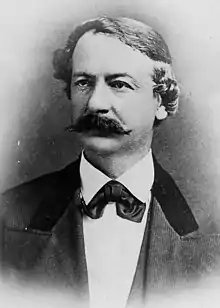
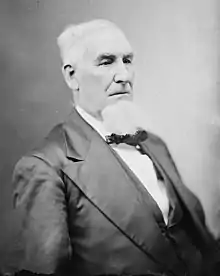


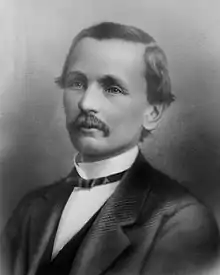
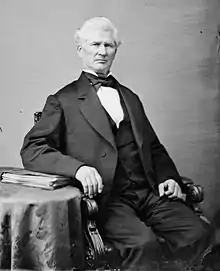
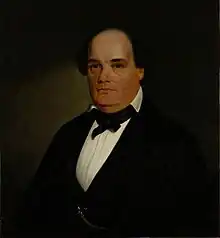
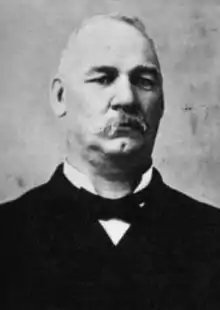
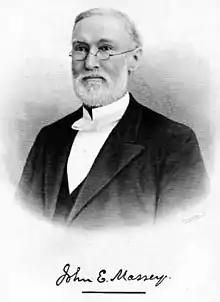
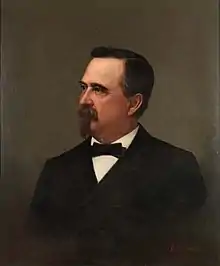
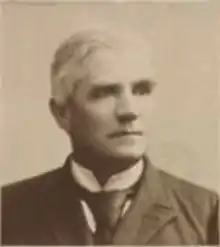

.jpg.webp)
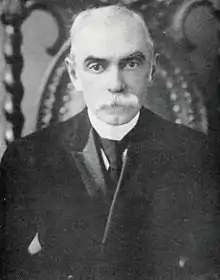
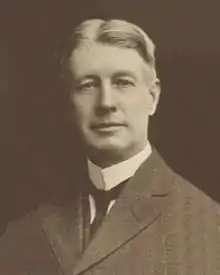


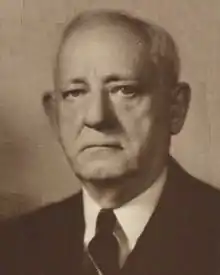
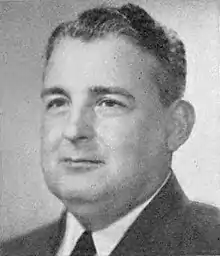






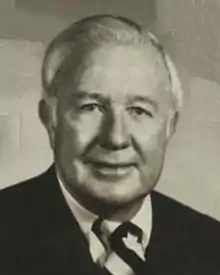
.jpg.webp)
.jpg.webp)
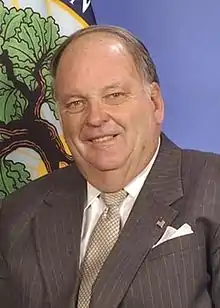
.jpg.webp)
.jpg.webp)
_(cropped).jpg.webp)
